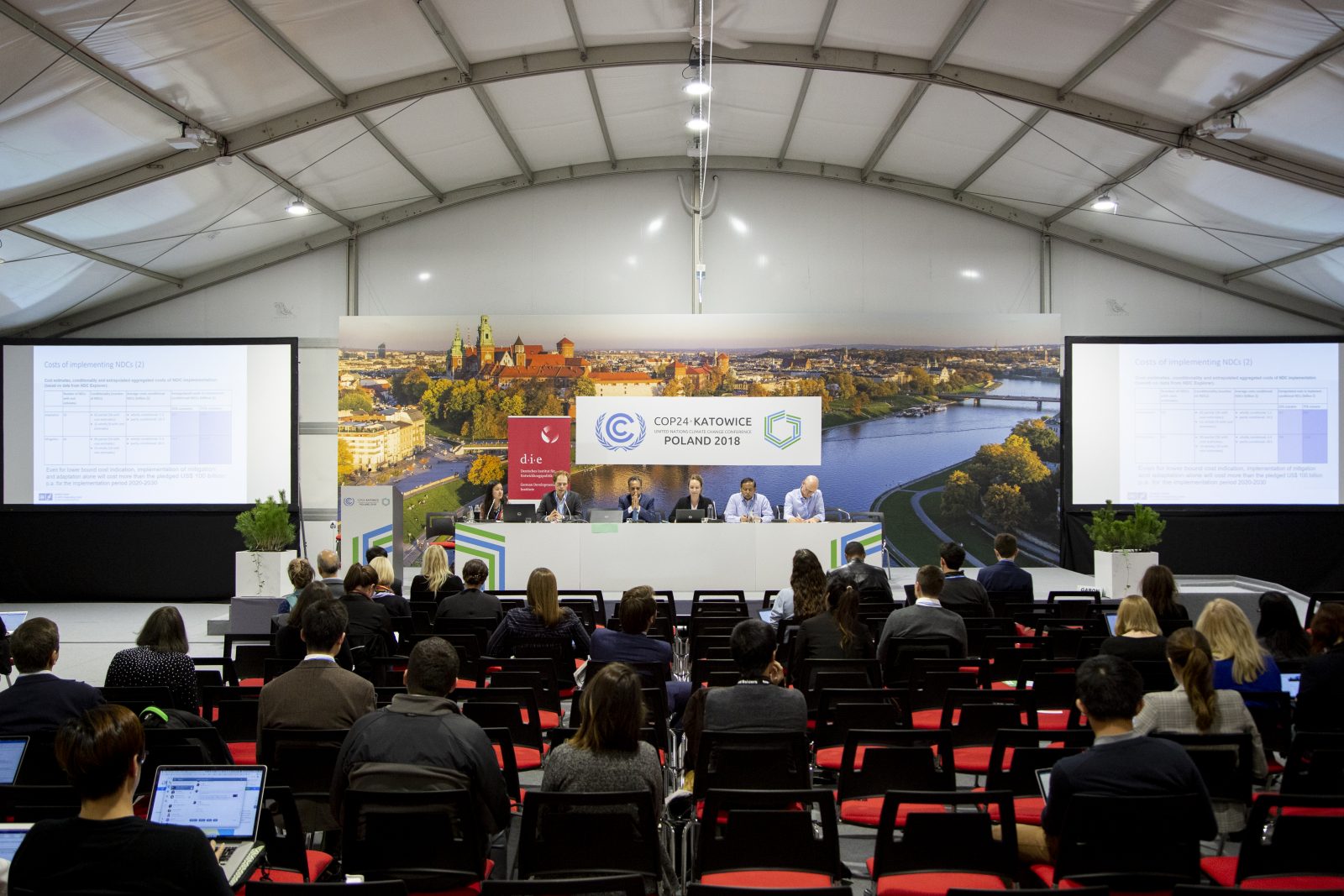
This Saturday marked the conclusion of over two weeks of negotiation at the 24th UN Climate Conference (COP-24). Representatives from nearly 200 countries gathered in Katowice, Poland, to finalize a “rulebook” that will guide the implementation of Paris Climate Agreement, the landmark 2015 agreement to limit global temperature rise to well below 2 degrees Celsius (℃).
Data-Driven Yale’s participation at COP-24 focused on the role local governments, the private sector, and civil society play in achieving this goal. A recent analysis by Data-Driven Yale, NewClimate Institute, and PBL Netherlands Environmental Assessment Agency, in partnership with CDP, found that cities, regions and businesses’ climate pledges could help high-emitting countries get much closer to their Paris climate targets. The United Nations Climate Change Secretariat’s 2018 Yearbook of Climate Action featured this research in its survey of climate action news and analyses. Data-Driven Yale Director Dr. Hsu discussed the potential of these efforts to help accelerate climate action, along with the research needed to more fully understand their contributions, at conversations hosted by Germany, China, and the European Union’s country pavilions at COP-24.
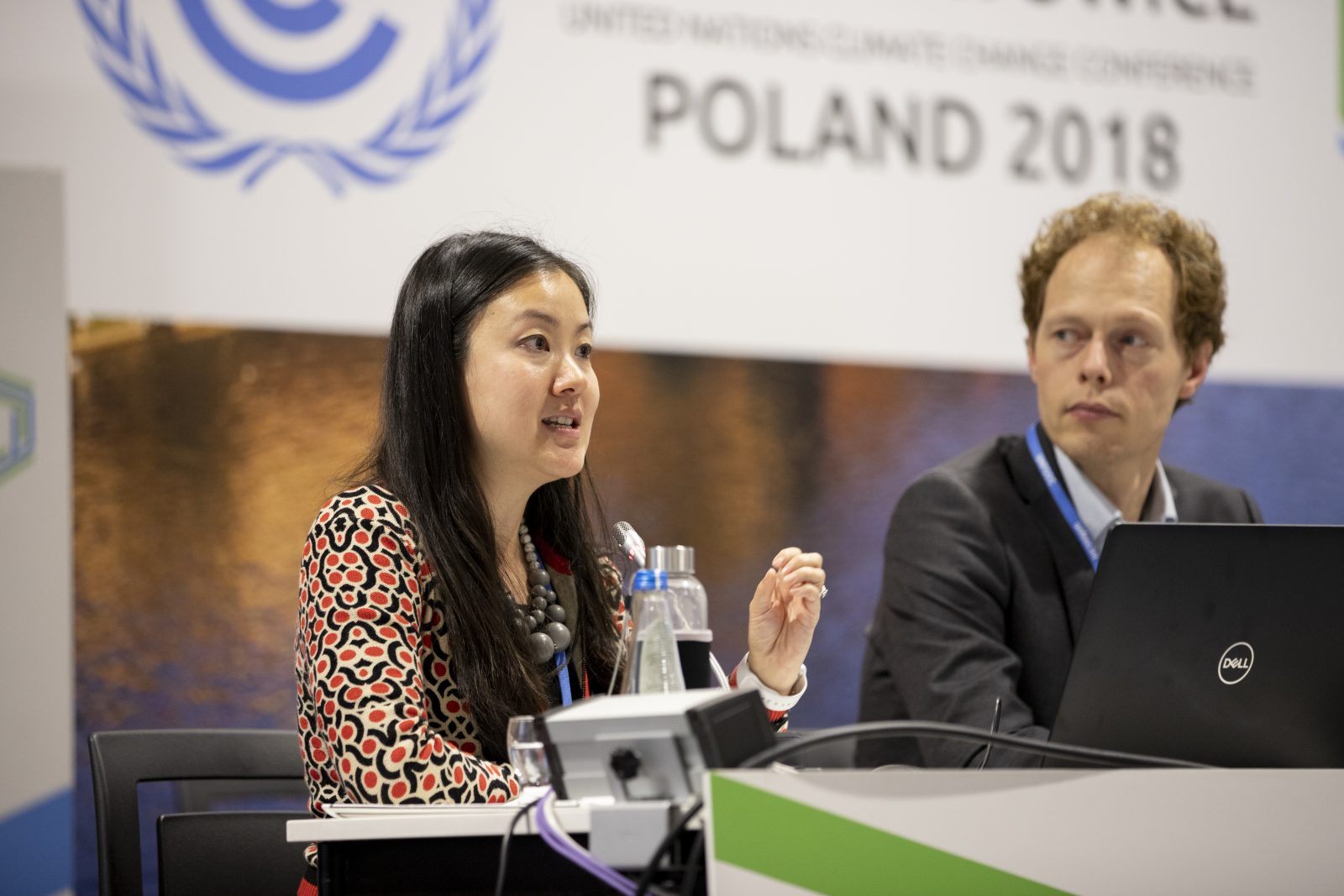
A recent Nature Comment piece, led by former UNFCCC Executive Secretary Christiana Figueres, similarly drew on research around city, region, and company-level action. The article cites a 2017 Data-Driven Yale report quantifying the groundswell of city, region, and company-level climate action as a reason for climate optimism, along with the growth of renewable technology and countries’ early indications that they will raise the ambition of their climate efforts. Dr. Hsu, along with approximately 100 other co-signatories, joined the article’s call for all sectors to accelerate their decarbonization.
The 2018 Emission Gap Report also explored the ability of city, region, company, investor, and civil society climate action to narrow the gap between “where we are and where we need to be,” in order to prevent runaway global warming. Dr. Hsu was a lead author and Data-Driven Yale Research Associate Amy Weinfurter was a contributing author to Chapter 5, Bridging the gap: The role of non-state and subnational actors. Dr. Hsu spoke about the chapter’s findings during a panel exploring this emissions gap and opportunities to bridge it.
A side event hosted by the German Development Institute / Deutsches Institut für Entwicklungspolitik (DIE) continued this train of thought, exploring strategies to strengthen national climate goals, drawing on the preliminary findings of a forthcoming special issue of Climate Policy. Dr. Hsu participated in a panel discussion of the journal, focusing on the ways local government and private sector actions could interact with and help strengthen national climate action plans, or Nationally Determined Contributions (NDCs) to the Paris Climate Agreement. Her remarks also highlighted the ways mechanisms like the Talanoa Dialogue can help integrate the contributions of cities, regions, companies, investors, and other actors into national and international discussions. The Talanoa Dialogue included a year-long effort to gather ideas about the world’s progress on climate change — a range of different stakeholders submitted comments or came together to discuss “where we are, where we want to go, and how we plan to get there.”
Research Associate Amy Weinfurter spoke on a similar theme, on a panel discussing “What steps can local actors, business, and civil society take to boost climate action in developing and developed countries?” at Development and Climate Days 2018. The discussion highlighted climate actions that existing reporting platforms may overlook or miss, as well as the value of data in helping understand and support these efforts to mitigate, adapt or unlock finance to address climate change.
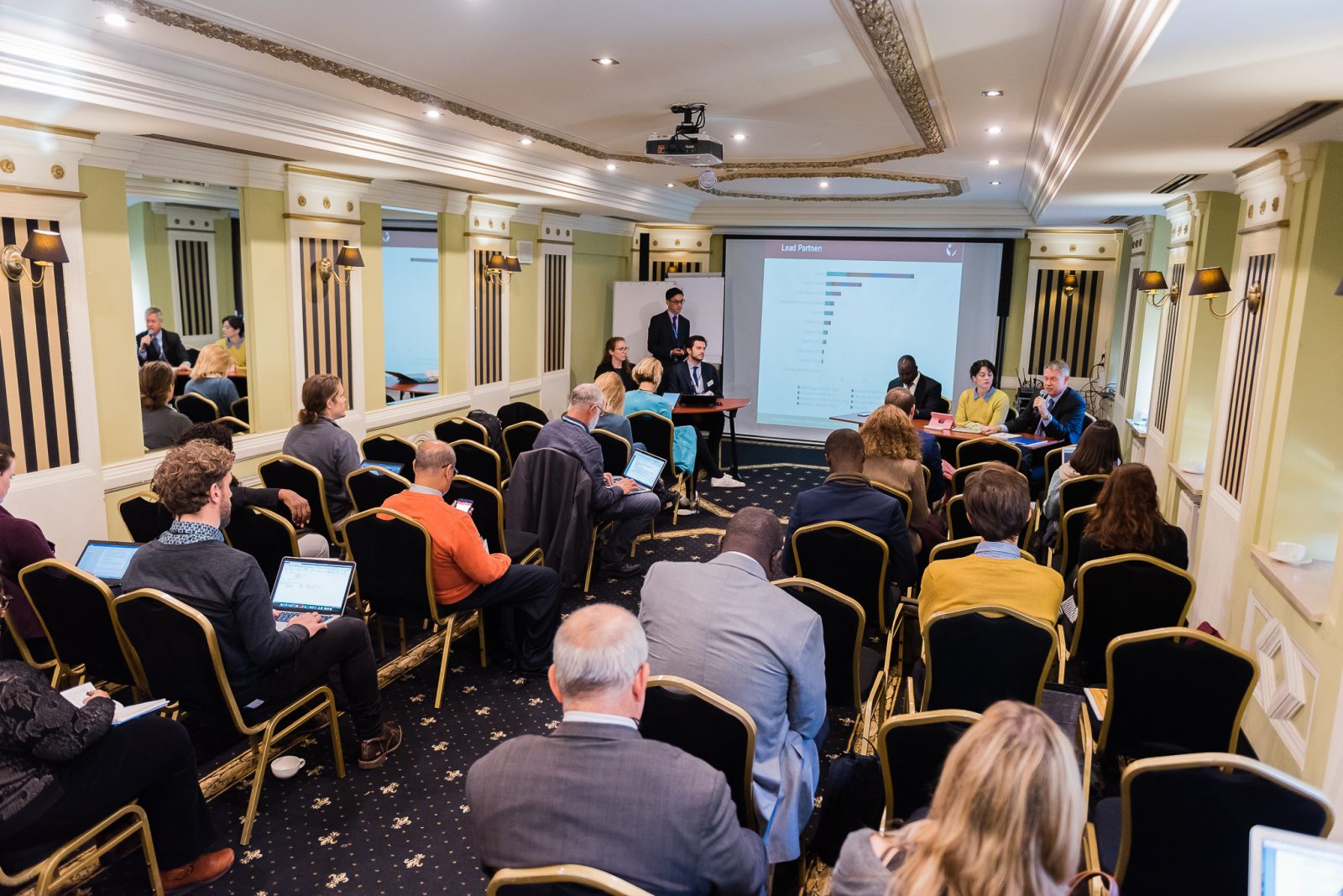
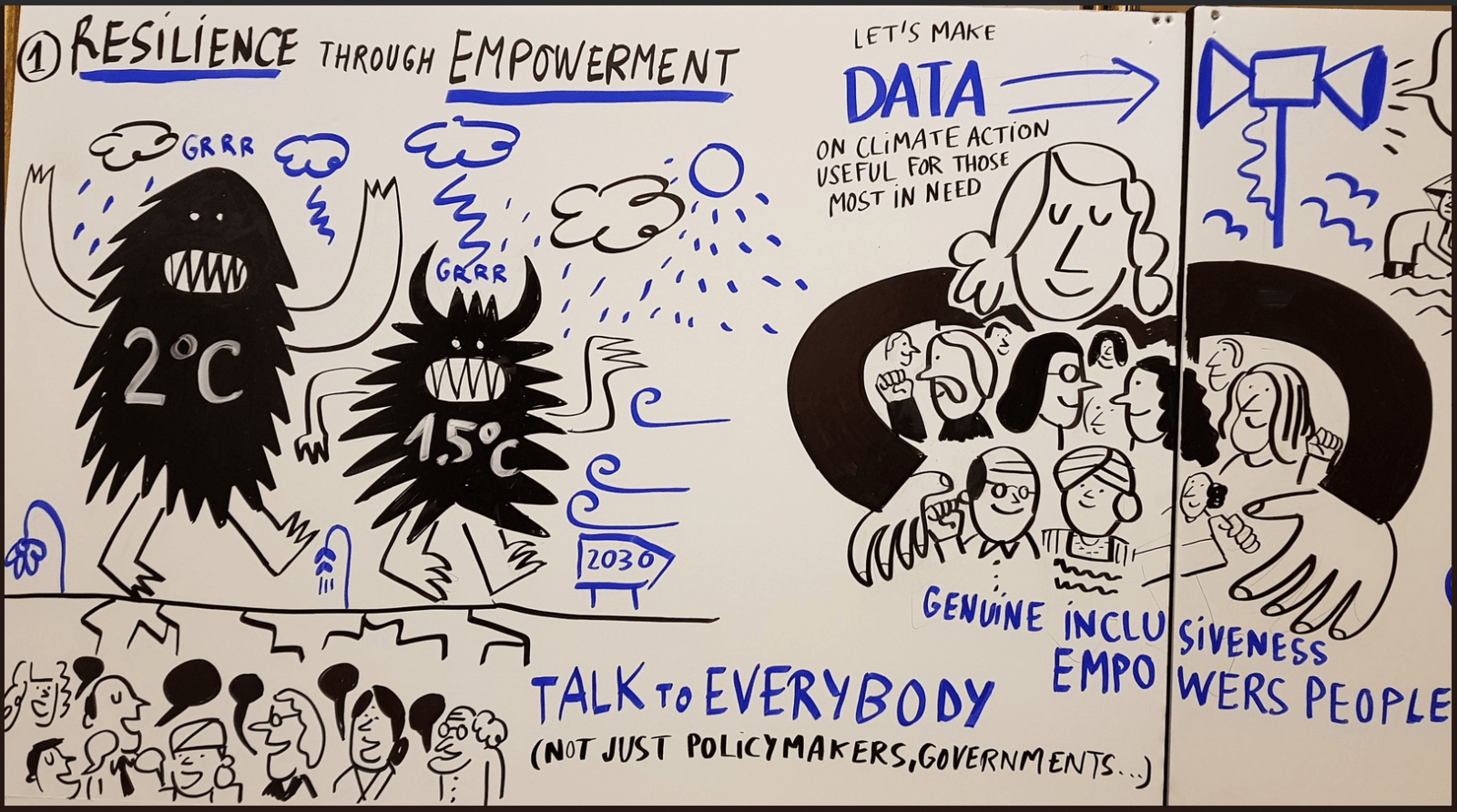
Data-Driven Yale, in partnership with the Samuel Centre for Social Connectedness, also launched the Urban Environment and Social Inclusion Index, a first-of-its-kind tool exploring how cities address both environmental sustainability and social inclusion. Policymakers from Mexico, São Paulo, Singapore, Buenos Aires, and Paris joined researchers and practitioners to discuss how high-resolution data can inform decision-making efforts within cities. Two panelists — Eva Gladek, the Founder and CEO of Metabolic, and Yann Francoise, Head of climate – energy and circular economy strategies at the City of Paris Parks and environment Directorate — also joined Dr. Hsu for a press release at the COP-24 pavillion on Friday, December 7.
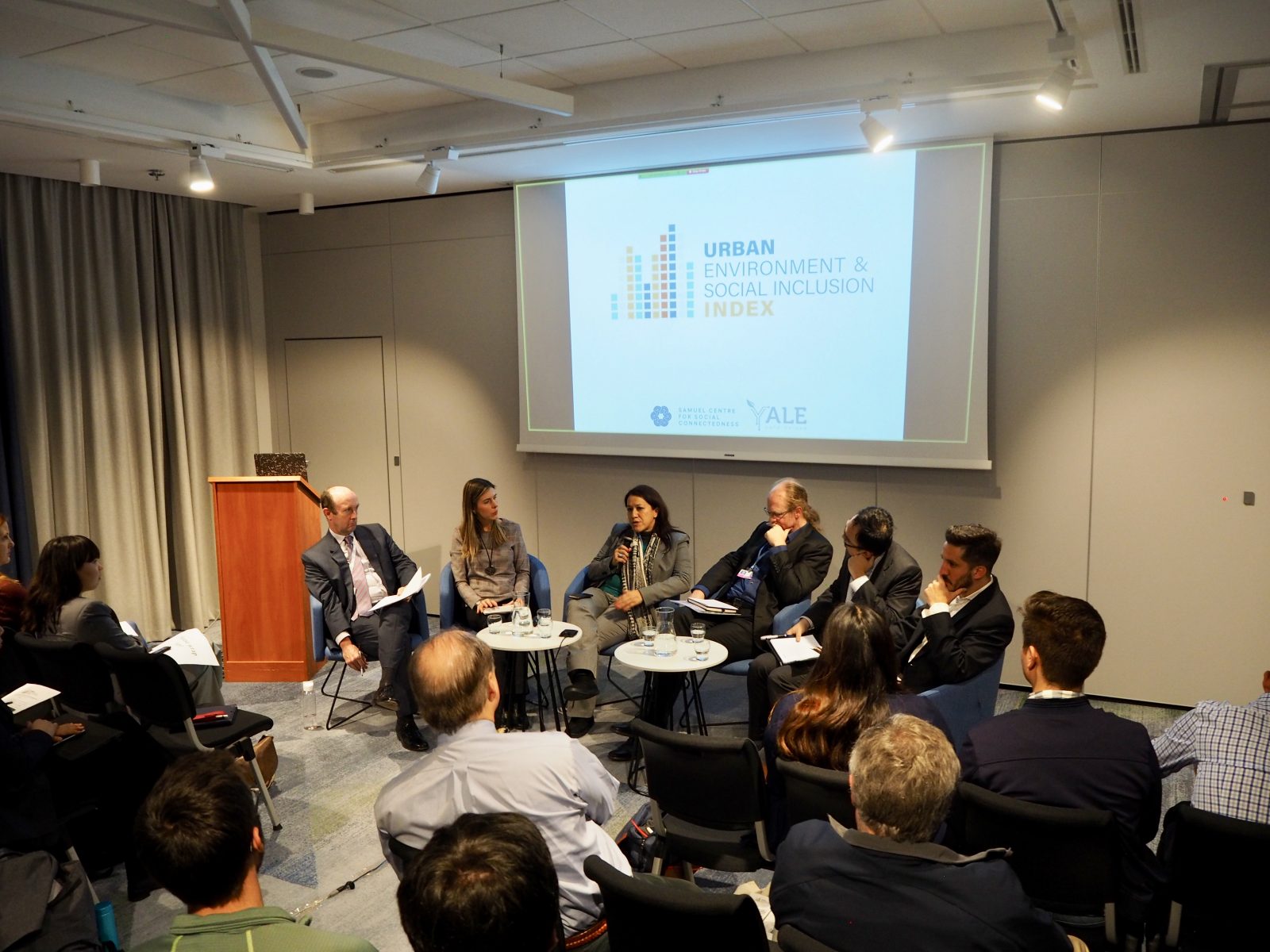
Throughout it all, Yale-NUS College students provided a wide-angle lens on the conference, tracking a range of issues, spanning the role of oceans to energy transitions, and documented their impressions in a shared blog.
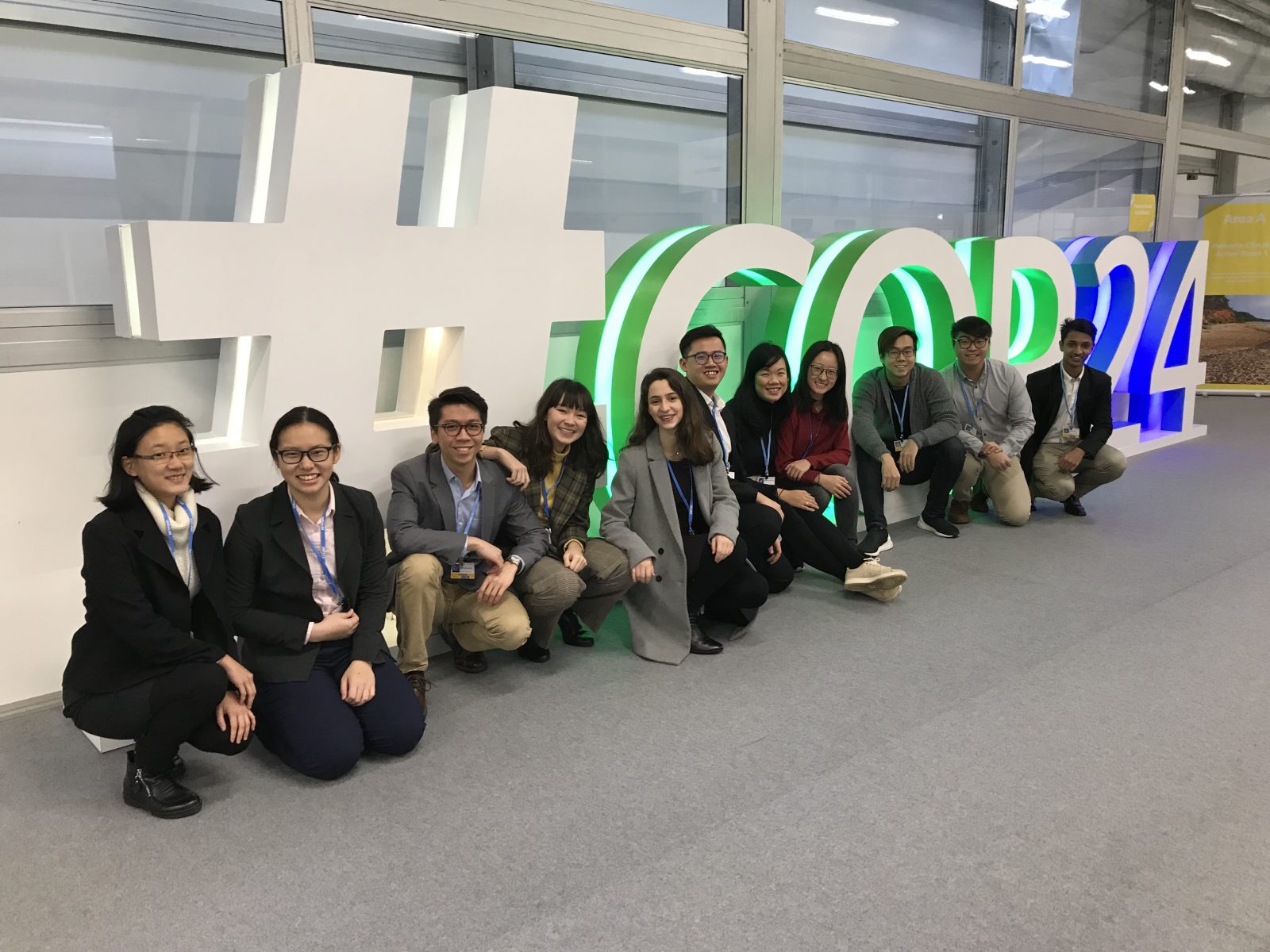

Recent Comments